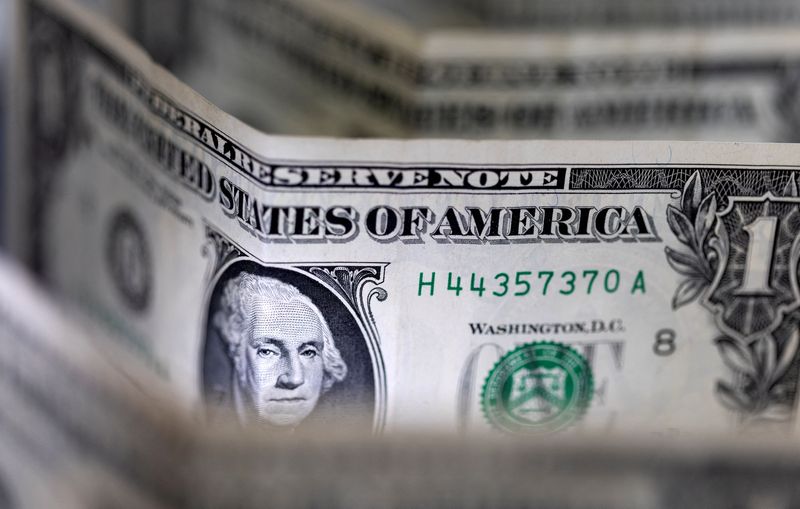By Jason Lange
WASHINGTON (Reuters) - What could happen on Main Street if Washington's political showdown over the debt ceiling stopped the government from cutting checks that fund a quarter of the economy?
Americans could quickly notice painful blows to their retirement accounts as stock markets swooned, and within days the lack of federal payments could weigh heavily on doctors' offices, retirees and workplaces throughout the country.
HOW WOULD IT START?
If the U.S. Congress and the White House failed to lift the self-imposed $31.4 trillion legal limit on federal debt, the Treasury Department could start missing payments on its obligations on June 5, according to the department's chief, Janet Yellen.
At that point, Washington would be under severe pressure to keep making payments on U.S. bonds, which underpin the global financial system. Missing a payment would trigger a Wall Street meltdown of historic proportions. "It would be downright cataclysmic," said Mark Zandi, an economist at Moody's (NYSE:MCO) Analytics.
Even if the Treasury paid bondholders on time, as most observers expect it would try to, the political dysfunction driving the crisis would sow distrust in America's economic prospects, and the value of most everything owned by Americans, from their homes to their retirement portfolios, would drop. "Stock prices would fall, commercial real estate values, house prices. Everything would fall," Zandi said.
Interest rates would increase, making it harder to buy a home or car or borrow money to start a business.
Within days, the financial mayhem would be a principal force putting the economy on the path to recession, Zandi said.
COULD IT GET WORSE?
The mass layoffs that normally come with recession could be weeks away following a default. More immediately, hundreds of billions of dollars in federal spending could be withheld from the economy.
Doctors' offices, hospitals and insurance companies could be among the first to get stiffed. On June 5, they are due about $1 billion in payments through Medicare, America's public health insurance program for older Americans, according to the Bipartisan Policy Center, a think tank that estimates Washington's day-to-day schedule of bills due.
More Medicare bills would come due in subsequent days, and because Medicare funds about a fifth of U.S. healthcare, some doctors might not have money to pay staff and other bills. Eventually, hard decisions would have to be made on scheduling surgeries and other procedures without being able to pay for them. "The longer this goes on, the more disruptive it could be," said Tricia Neuman, a health policy expert at the KFF research group.
WHO ELSE COULD TAKE A DIRECT HIT?
Payments could also stop going out to government contractors, including $1 billion due to defense contractors on June 5. On June 9, $4 billion in salaries could go unpaid for parts of the 2-million-strong federal workforce and schools expecting $1 billion in federal funding could have to do without. Some payments could go out with significant delays.
On June 14, about a quarter of the nation's retirees could check their bank accounts and see that $25 billion in expected Social Security payments were not deposited.

People would keep one eye on their bank accounts for missed deposits and the other on Wall Street, where concerns over the nation's creditworthiness could be savaging the value of people's life savings.
"One is days of delays for their Social Security check, and the other is a 20% drop in their 401(k)," said Shai Akabas, the director of economic policy at the Bipartisan Policy Center.